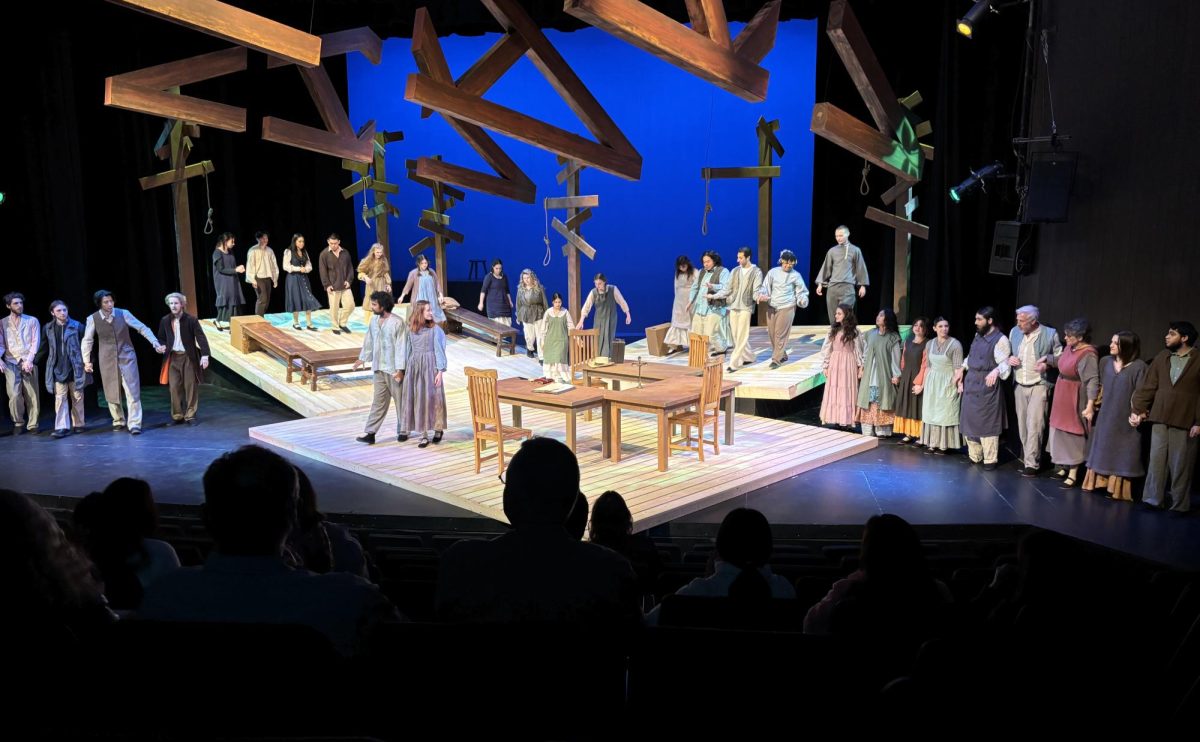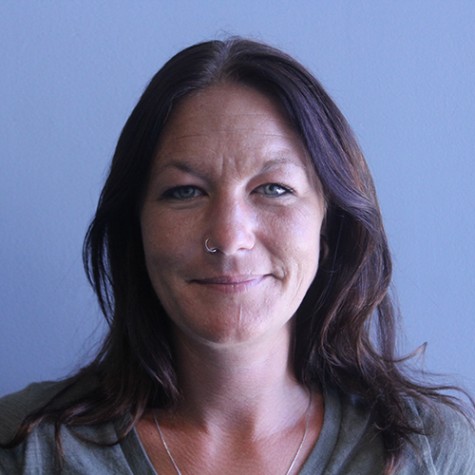Showing cause for new accreditation options
November 18, 2015
There’s a shaking up in the community college accreditation world. One hundred and thirteen community and junior colleges are currently being assessed by the Accreditation Commission for Community and Junior Colleges. However, the ACCJC is under scrutiny for alleged inconsistent and unprofessional practices, sending the California Community Colleges Board of Governors scrambling for new options.
According to a Nov. 16 press release from the California Community Colleges Chancellor’s Office, “The board approved a resolution citing the need to raise the professionalism of accreditation in California.” The ACCJC is being accused of losing “credibility with its peers,” and no longer meeting “the current and anticipated needs of California community colleges.”
It’s been formally requested that a new accrediting model be developed in the coming months, which will be reviewed in March. Although there is no information publicly available concerning the intended direction, the one thing that seems clear is that the CCC Board of Governors wants change, and they want it soon.
And soon probably can’t be soon enough for City College of San Francisco. CCSF received more than their fair share of media attention when the ACCJC attempted to revoke the school’s accreditation in 2013. Following a lawsuit filed on the college’s behalf, ACCJC created an entirely new “restoration status” that would allow CCSF to maintain their accreditation through January 2017 while they work toward fulfilling requirements for full restoration.
Ted Wieden, who serves as Diablo Valley College’s Interim Executive Dean and Accreditation Liaison Officer, has actually served on a number of visiting teams as part of the peer review that ACCJC conducts. He believes that “by and large, the intent [of ACCJC] is good” but doesn’t “know that the execution is as peer-based as it could be.”
Back in 2008, DVC had its own run in with the dreaded “show cause” status, which is the third and most extreme level of sanction. Wieden was pulled into the accreditation liaison role, and away from his previous teaching role, after the sanction was in motion. He proved instrumental in restoring the school’s accreditation status.
In 2014, DVC went through another evaluation, which resulted in full reaccreditation status under the condition that three college recommendations be resolved within one year. It was found on Nov. 5 that the recommendations were sufficiently addressed. Once a college is accredited, it’s good for another six years, so DVC won’t face another round of review until 2020.
However, as new accrediting options are being explored, it is uncertain what that process will look like going forward.
“I’ve always thought of peer review as having the intent to help, to help get better, and I don’t know that that’s always been the outcome.” said Wieden. But if the CCC Board of Governors gets their way, ensuring “the highest level of quality for the 2.1 million students” they serve will be the top priority.







































































